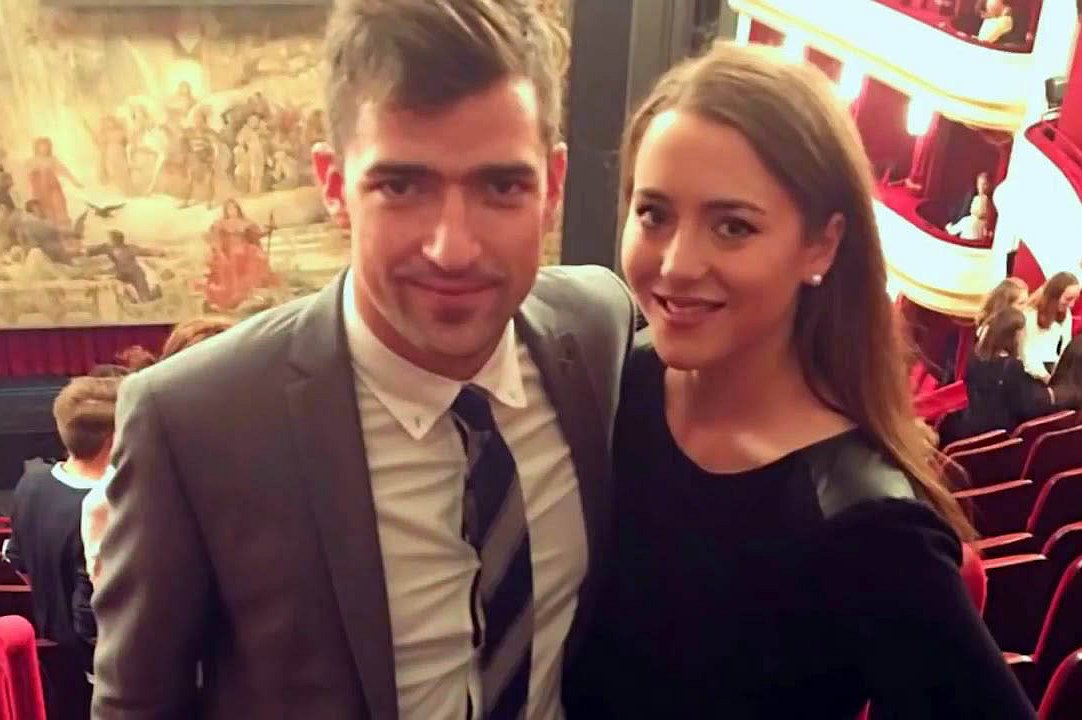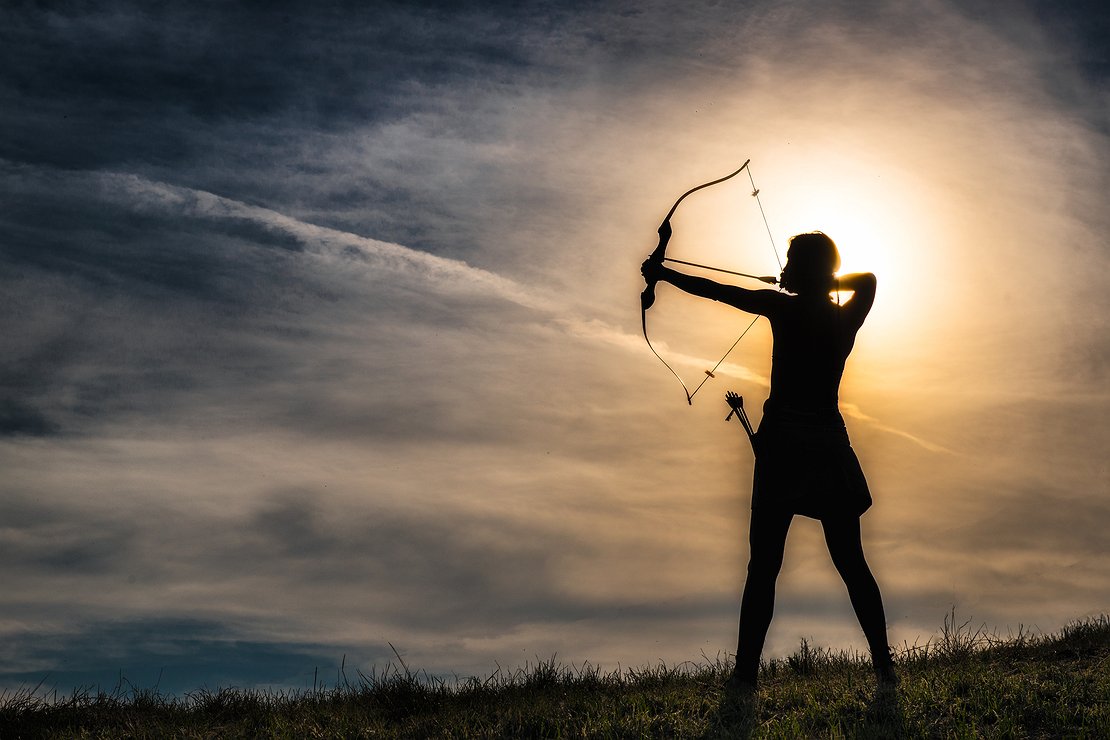
Endangered gestures:Drinking a Sundowner
I remember it vividly to this day. It’s as if it had been only yesterday. Even though this is already going back half a century . . . Every evening after work, my father went to the mirrored house bar, which was built into a wooden cabinet, poured himself a whisky, and walked onto the patio, looked over his well-tended garden – sometimes beyond it, into a more or less splendid sunset – and relished his well-earned sundowner. This moment separated the day from the evening, but it also separated his ‘vita activa’ from the ‘vita contemplativa.’ The fact that for this ritual my father kept his suit on and had not yet slipped into his leisurewear – a distinction that today of course has become largely obsolete – gave that moment a certain solemnity and dignity. A stance can only emerge where there are boundaries. Only where forms are perceptible, is structure still possible – the structure of a daily routine, one’s own life, one’s personal thoughts. In a time in which ‘work’ and ‘life’ are becoming indistinguishable, where the one is permanently mixed in with the other and therefore leaves a shapeless existence behind, it’s becoming more and more difficult to allow thinking and contemplation in their own right, separate from effort and work. Everything here is relative, in flux, and temporary. The moment has no value of its own anymore. And that is why, in such a time as this, drinking is more dangerous too.
Translated from: Cato Magazin, 5/19.




